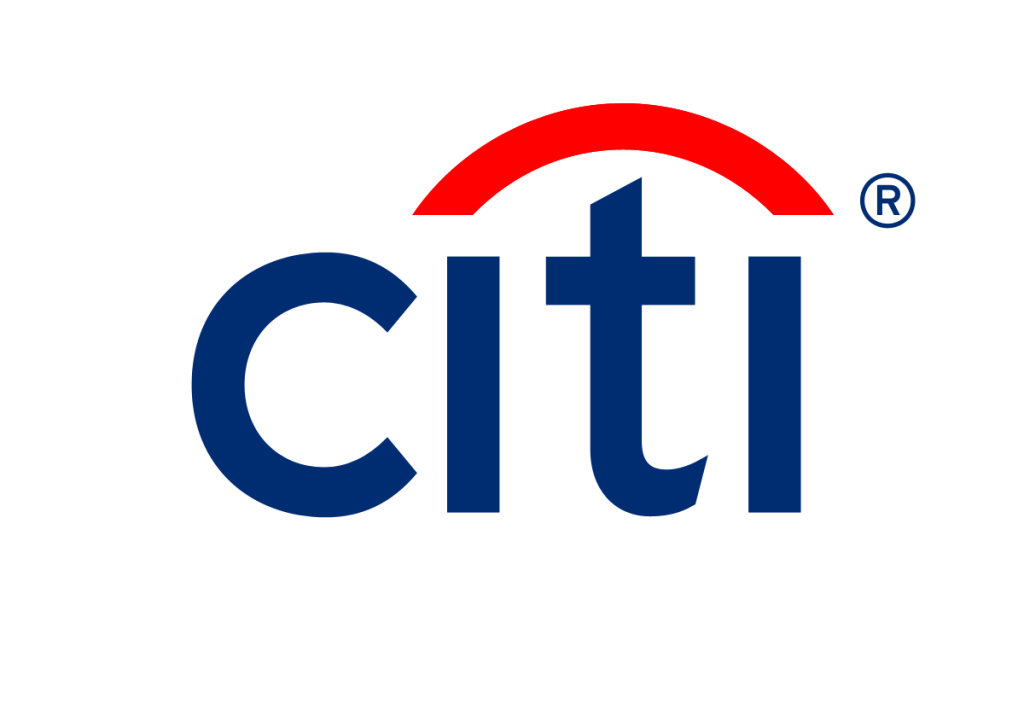
Credit can be confusing, but it can also be a huge asset going into the home-buying process. A good credit score increases the likelihood of qualifying for a mortgage because it indicates to the lender that you’re more likely to make timely payments on your loan. Even better, a solid credit score gives you, the potential borrower, a better chance at a lower interest rate. This might result in thousands of dollars saved over the life of the loan.
But if you’re finding that your credit score is more of a hindrance than an asset to your home-buying endeavors, or are unsure where you stand with your credit health, never fear. There are methods to improve and maintain your credit as you move toward buying a home.
Make Timely Payments
You can’t obtain a good credit score without first establishing credit. This can be done by obtaining a loan or line of credit, like a credit card. If you’re looking to improve your credit score, start by demonstrating you manage your credit wisely. Use it to make responsible purchases, and pay the bills on time, every time. If you have a history of late payments, try to make timely payments going forward.
Checking your credit report can help you keep track of any late payments. There are many tools online that will allow you to view your credit report once per year, without impacting your credit score. Take advantage of these tools and make sure all of your debt payments are reported accurately. .
Should you find a payment was incorrectly reported as late, you can dispute it with the credit bureau that reported the timing of the payment. You can also dispute it directly with the creditor that initially sent the information to the bureau, following the instructions provided by your lender for filing the dispute. Take into account that if you dispute information on your credit report, the credit reporting agency or the lender typically has 30 days to investigate the claim and may request additional information from you to support your claim.
Strategically Diversify Your Credit
Opening a new account may help build your credit. Consider a new credit card, or taking on installment debt – a loan that is repaid by the borrower in regular installments. This is commonly referred to as “credit mix” and demonstrates your ability to manage multiple types of loans. If you use your credit mix prudently, it may contribute to boosting your credit score. That said, be wary of opening new lines of credit if you are nearing or already in the home-buying process.
“If you are in the process of buying a home, then that should be your one and only credit
acquisition activity,” said John Ulzheimer, a former credit bureau insider and author whose books on the subject of credit include The Smart Consumer’s Guide to Good Credit. By taking on large amounts of debt just before they apply for a mortgage loan, Ulzheimer said, a home loan applicant may affect how a lender evaluates their application.
If you’re in the process of being evaluated for a home loan, it’s also not the time to disrupt your credit picture by making a major purchase using credit. Incurring new debt could impact the likelihood of approval.
Don’t Shut it Down
Don’t close out your credit sources – such as canceling a credit card – just to prove you don’t need them. This may lower your overall available credit. It may be more favorable to your credit profile to keep those accounts open and unused or lightly used if you are making payments timely.
“You’re better off using that credit card for a small payment at the grocery store, and then paying it off at the end of the month,” said Citi Area Lending Manager Marc Souza.
You could also use that card to cover any small subscriptions services. Just be sure that the balance on the card is set to automatically be paid monthly. This will maintain your available credit amount and reduce the risk of an account being closed due to inactivity.
Look at your Student Loans
While student loans can affect your credit, it’s not always in a negative manner. Demonstrating that you can pay a specified amount over a period shows a solid track record. If you have questions about your loans, don’t hesitate to consult an expert.
Whether contemplating a consolidation of student debts or forbearance forgiveness, be sure to have those discussions with a credit expert prior to making any moves. Creditors can help you form the best strategy on dealing with loans. Since some loan programs analyze student debt differently than a credit card or car loan, experts will aid you in setting priorities to improve your credit.
Keep in mind other key elements besides your credit score
When a lender is preparing to loan you money for a mortgage, your credit score is a measure of reliability. The higher the score, the more trustworthy you appear. Plus, a higher score may qualify you for lower mortgage rates. But while your score is a vital component, it’s not the only one.
Lenders will also look at your income, employment history and capacity to take on the new payment. The Loan to Value ratio, where lenders look at the appraised value of the home in comparison to the loan amount, is also important.
Improve your DTI Ratio
Your debt-to-income ratio, or the amount of your gross monthly income that goes toward your monthly debt, influences your ability to get a mortgage. In the eyes of a lender, the lower the DTI, the more likely you can pay. If you incur new expenses during the evaluation period, that will be calculated into your DTI. To lower your DTI, attempt to pay off other loans or lines of credit in full. Making monthly payments toward your debt will not lower your DTI – only eliminating entire balances will. One strategy to employ is entirely paying off a smaller loan while also making the minimum monthly payments on other debt. Once the smaller loans are eliminated, put the money you budgeted for those toward paying off the larger balances.
Another factor is your available credit – often viewed through the lens of your credit utilization ratio, which is your total amount of debt compared to your total credit limit. For example, if you have a total of $20,000 in credit available on two credit cards, and a balance of $10,000 on one, your credit utilization ratio is 50%. This means you’re using half of the total credit you have available. A low credit utilization ratio is likely to be a positive influence on your credit score.
Don’t Make Assumptions
If you’re intimidated to start the process because you think your credit score isn’t high enough, you could be underestimating yourself.
“You should never assume your credit scores are too low,” said Ulzheimer. He advises consulting a mortgage lender to see if there are loan programs that fit your credit profile, since there are options for first-time homebuyers or applicants with less-than-stellar credit.
Remember, you are more than just the number on your credit score. But since credit is a concept that doesn’t always have clearly defined parameters, navigating the home-buying journey can feel complicated.
The Citi team wants you to feel excited about buying your home. They’re prepared to help you understand mortgage program qualification requirements, including credit scores. Click here to learn about how you can move into the home-buying process with the confidence and knowledge you need.
Sponsored content presented by Citibank, N.A. NMLS #412915. Member FDIC and Equal Housing Lender.






